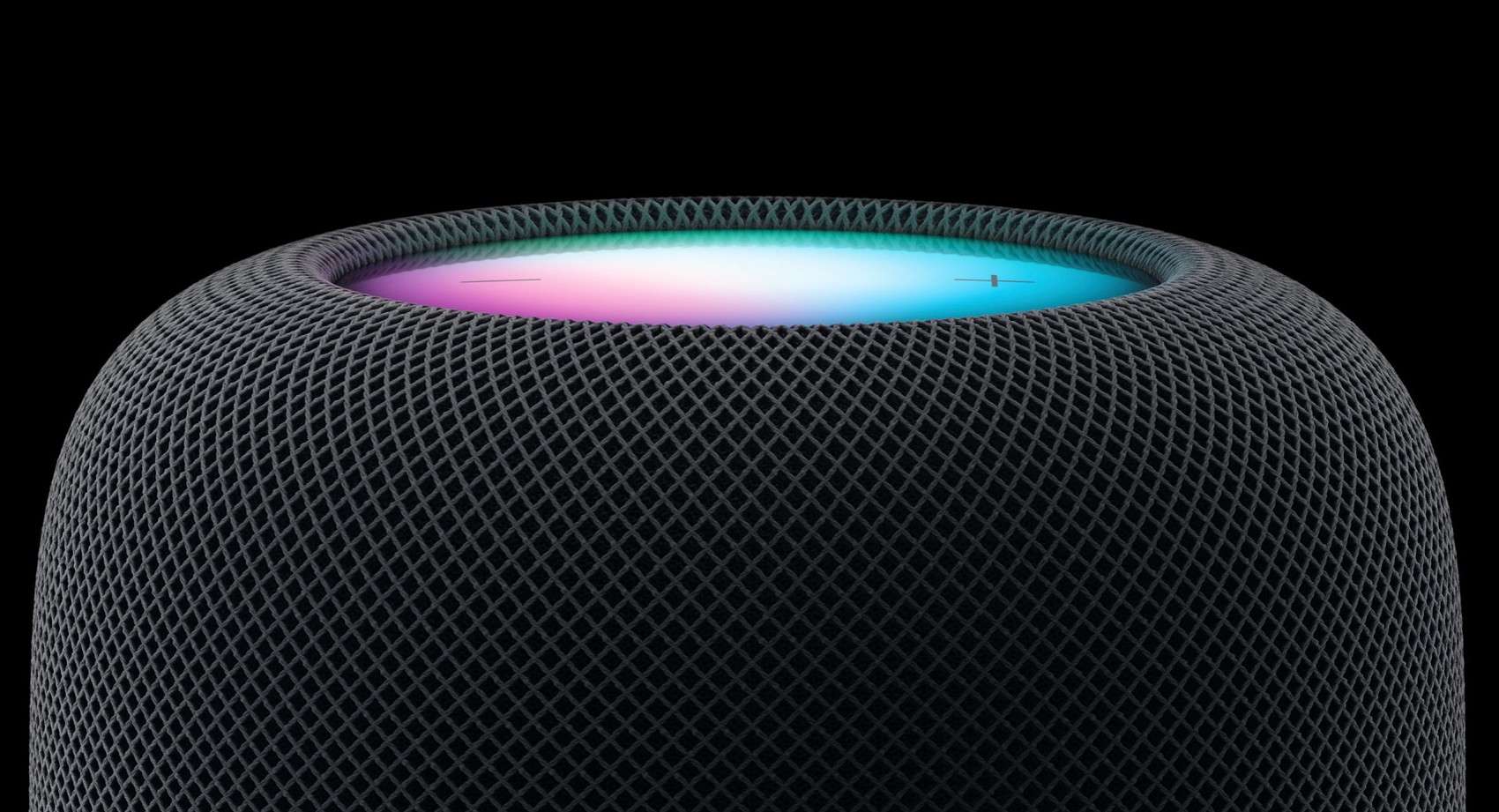The Transformative Impact of VR on the Gaming Industry
Virtual Reality (VR) has revolutionized many sectors, and the gaming industry is at the forefront of this transformation. By immersing players in fully interactive 3D environments, VR technology offers a more engaging and dynamic gaming experience than traditional gaming platforms. Here’s how VR is reshaping the gaming world.
Immersive Gameplay
One of the most significant impacts of VR on the gaming industry is the level of immersion it offers. Players no longer just control characters on a screen; they can physically move within a game’s environment, creating a sense of presence. Games like Beat Saber or Half-Life: Alyx exemplify how VR has redefined the concept of interactive gameplay, allowing users to experience new levels of immersion through detailed environments, realistic physics, and intuitive controls.
Enhanced Realism
VR is pushing the boundaries of realism in gaming. High-resolution headsets, motion controllers, and advanced tracking systems make in-game actions feel natural and responsive. Players can look around, pick up objects, and even experience tactile feedback in some cases, making the gaming experience more lifelike. This enhanced realism can evoke stronger emotional responses, whether it’s fear in a horror game or excitement in an action-packed adventure.
Expanding Game Genres
While VR initially focused on specific genres like simulation and adventure, it has now expanded to cover a broad range of gaming categories. From puzzle-solving in The Room VR to social experiences in VRChat, developers are constantly finding new ways to incorporate VR technology into different types of games. Even genres like sports, racing, and fitness are benefiting from VR’s interactive capabilities, allowing for more engaging and physically active gameplay.
Social and Multiplayer Experiences
VR has also transformed multiplayer gaming by allowing users to interact with each other in virtual environments. Games like Rec Room and Population: One enable players to team up, compete, and communicate in real-time, mimicking real-life social interactions. This development has helped create new communities and friendships, all within the virtual world.
The Future of VR in Gaming
The future of VR gaming is filled with potential. As VR technology continues to evolve, we can expect even more sophisticated hardware, enhanced graphics, and broader game selections. Technologies like haptic feedback suits, eye-tracking, and improved motion capture will make the experience even more immersive. The integration of VR with other technologies, such as artificial intelligence and augmented reality, could also lead to entirely new gaming experiences.
Conclusion
Virtual Reality has already made a substantial impact on the gaming industry, providing more immersive, realistic, and social experiences than ever before. As technology continues to advance, VR’s role in gaming is only expected to grow, leading to innovations that will further blur the line between the virtual and real worlds. VR is not just a trend; it’s shaping the future of gaming in remarkable ways.














Post Comment